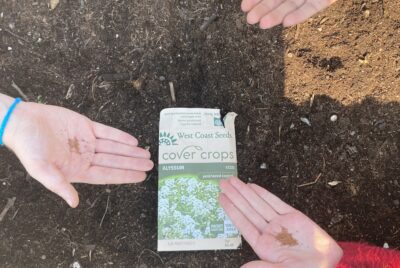RESEARCH
Therapeutic Gardens and Horticultural Therapy: Growing Roles in Health Care
Summary
The study traces the historical roots of therapeutic gardens and horticultural therapy, demonstrating their long-standing use in promoting mental and physical health. Originally utilized in monasteries and later in veterans’ hospitals, these nature-based interventions have gained renewed interest due to their stress-reducing and healing properties. Research shows that exposure to nature—whether through direct interaction, scenic views, or structured gardening activities—leads to improved recovery times, lower stress, and enhanced emotional well-being in patients.
Therapeutic gardens have been integrated into hospitals, mental health programs, assisted living facilities, and community spaces, serving diverse populations, including individuals with PTSD, Alzheimer’s, and cardiovascular conditions. Studies highlight the significant impact of healing gardens on reducing anxiety, depression, and pain while fostering social engagement and a sense of purpose. As healthcare shifts toward holistic and patient-centered approaches, the article emphasizes the need for further research and collaboration between medical professionals and landscape designers to maximize the therapeutic potential of green spaces in clinical settings.







